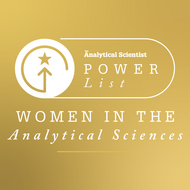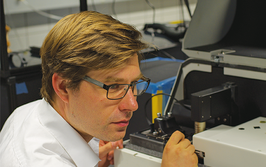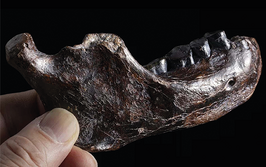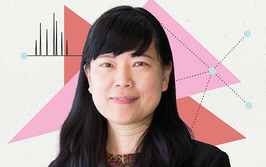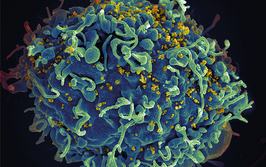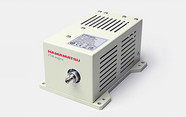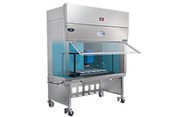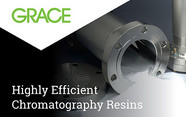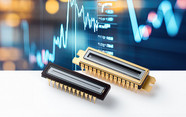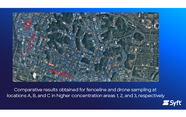Susanne Wiedmer
The Power List 2016
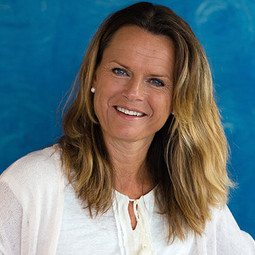
Susanne Wiedmer
Adjunct Professor (Docent), University lecturer, Department of Chemistry, University of Helsinki, Finland
Passion: I particularly enjoy working in chemistry where the scientific challenges emerge from our immediate environment. Analytical chemistry has become highly multidisciplinary and this has resulted in intensive collaboration between people in different fields, such as biology, medicine, pharmacy, atmospheric sciences, process engineering, and so on. It is highly inspiring to meet researchers from different scientific fields and communities. Interacting with researchers from different disciplines is a fertile source of new ideas and perspectives on problems to be solved. Although it sometimes might be challenging to find a common scientific language, it is extremely rewarding once you succeed. Teaching is another part of my work that I take very seriously. I very much enjoy teaching chemistry classes and feel great satisfaction when the students finally realize that they need to take responsibility of their own learning process.
Pivotal moment: A pivotal moment in my career occurred when I was a young post-doc and gave a presentation at an international conference. Once finished, a prestigious professor approached me and informed me that my argument was flawed in a polite but very direct manner. We got engaged in a long and incredibly helpful discussion, enabling me to refine and strengthen my argument before the manuscript was submitted. What impressed me was that he clearly acted out of a desire to mentor and assist – rather than criticize – a young researcher in his field. The point here is not being right or being wrong, but rather to realize how important it is for young researchers to get constructive and guiding feedback. The fact that the famous professor did not humiliate me in front of the audience is something I appreciate and will always remember. The experience has strongly influenced my own approach to interactions with young researchers at conferences and in the lab. Being open-minded and showing respect to other researchers and their respective field of research is crucial – and that’s particularly important when it comes to young rising scientists that we want to support and encourage. After all, these are the future scientists that will bring our research further.
Prediction: Within the next five years I believe that analytical scientists will pay even more attention to sustainable analytical chemistry solutions. Portable miniaturized integrated devices in the field of industrial, environmental, biological, biomedical, and food applications will continue to emerge. Physical sensing platforms will be further developed with particular focus on the sensitivity and range of detection. Assays integrated on smart devices will continue to grow in popularity. However, despite these technology developments, there is still a need for fundamental research in the field of separation sciences. The ability to separate more species in a reasonable time and to handle large amounts of data are the real challenges. Moving even more into capillary format resulting in lower solvent consumption will go hand-in-hand with the development of improved monolithic materials and miniaturized mass spectrometric techniques for achieving highly sensitive and selective analysis of target compounds.
